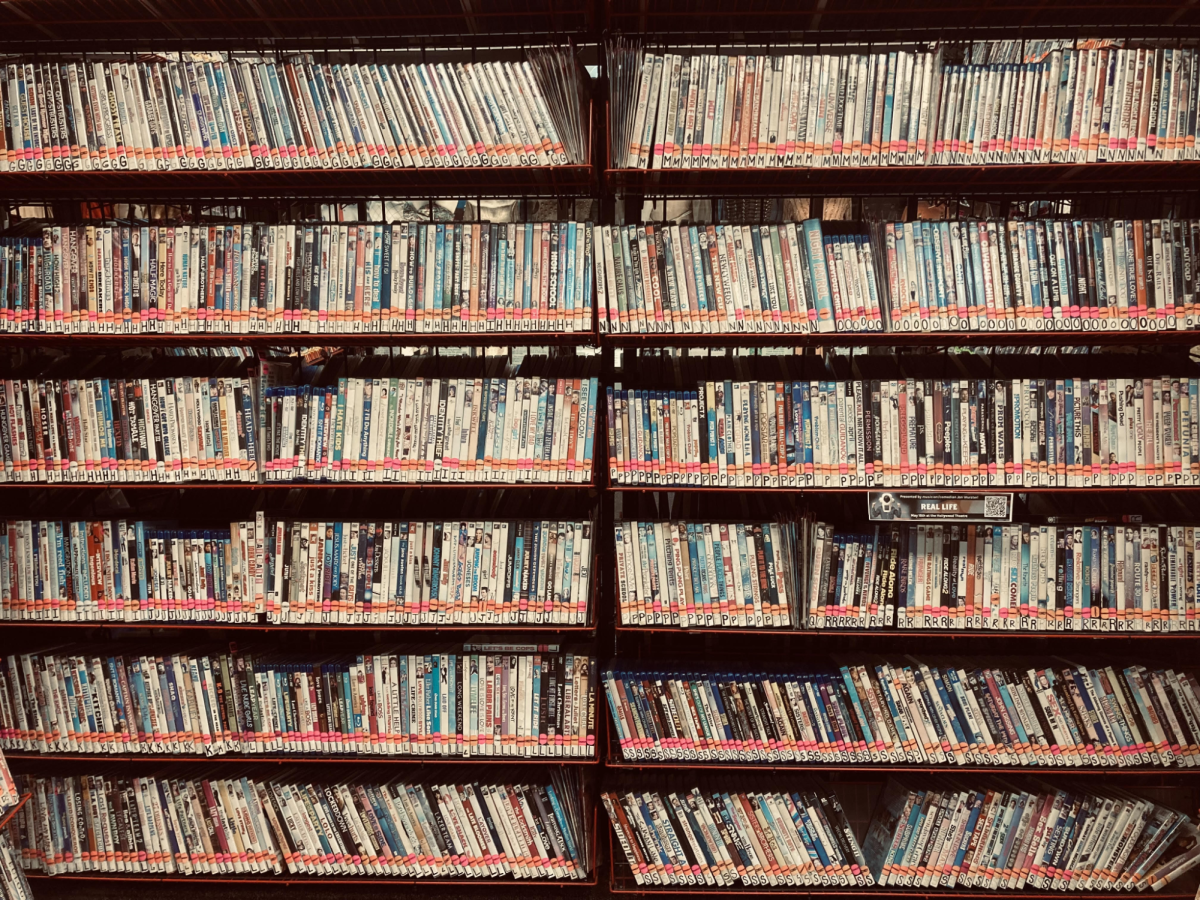
Our planet is in hot water, literally. Warmer temperatures are melting ice and heating up o..ur oceans. According to NASA’s website, Global Climate Change, over the next century, climate change will make the oceans warmer and more acidic which means melting ice sheets will drive up sea levels at a quick pace. The main reason for the ocean heating up is due to carbon dioxide. Carbon dioxide is a greenhouse gas. It’s created by burning fossil fuels, such as coal and oil, for energy. When too much carbon is released, the Earth’s atmosphere traps more and more heat. The oceans have been quite the hero to our warm world. The ocean has absorbed about a quarter of the carbon dioxide that humans have pumped into the atmosphere since the industrial revolution and ninety percent of the resulting heat. “However, I believe we have the power to act collectively and change things,” Anne McHugh says. McHugh is a high school biology teacher who has been working at Franklin High School for two years.
Since 2006, sea levels have risen at a rate of 0.14 of an inch per year. That’s more than double the rate over the previous century. Over the last century, sea level rise was driven by water running off melting mountain glaciers. Now, the massive ice sheets in Greenland and Antarctica have taken over as the largest contributors, and they are increasing sea levels faster than ever. This creates many problems for coastal communities. Regardless of how much sea levels rise over the long term, they will cause problems for coastal communities in the short term. According to the National Hurricane Center, the coasts will experience increasingly devastating storm surges and high tides. In addition, hurricanes will intensify no matter how quickly countries reduce greenhouse gas emissions. This will cause coastal communities to lose their homes and eventually relocate. However, there are more problems that we all need to look at. It isn’t just us pumping carbon dioxide into the air and heating our oceans, it’s also what we’re putting into the ocean ourselves. “I think one of the things that’s kind of interesting is, how we put waste into storm drains,” McHugh explains. “Everything that’s on the streets when it rains gets put into storm drains and some of those drains are connected to the Willamette river, which means then all that waste goes to the Columbia River and eventually the ocean.” This means that everything that is put onto the surface of your house, the surface of the road, etc. will eventually get washed into the ocean. This isn’t just in Oregon, it’s all over the world. We are putting waste into the ocean which then follows with affecting marine wildlife. “Storm water affects marine wildlife because a lot of the food chains starting with the plankton, mussels and other shellfish which are filter feeders, so anything that gets put in the water is subsumed into their tissues,” McHugh says. “Then that gets magnified into a process called biomagnification, so if you eat something that has pollution in it, then you can contain that pollution in your tissues and as you can continue to do that up the food chain then that amplifies.”
In addition, warming waters have also put many marine animals on the move. Creatures that can’t relocate, like corals, could simply be lost. We are facing so many issues due to pollution, carbon dioxide and so much more. There are many simple things we can do individually and collectively to improve our ecosystem. Instead of driving a car, we can all walk, bike or even use public transportation. There’s also a solution with reusing as many things as possible. For instance we can reuse, water bottles, clothing, containers, paper and so much more. “In terms of collective action, there’s legislation and working to lobby governments and companies to make different choices for the environment,” McHugh suggested. If we start to work on this problem now, then it will make a more gradual change compared to if we start making a change by 2050. “It depends on how quickly we want to make drastic lifestyle changes. I think it’s possible for us to make collective actions to address things as quickly as possible,” McHugh says.
By making people more aware of these issues I believe we can truly make a change. What’s at stake for sure is our ecosystem, wildlife and the life we leave for the next generation if we don’t decide to act now.
































